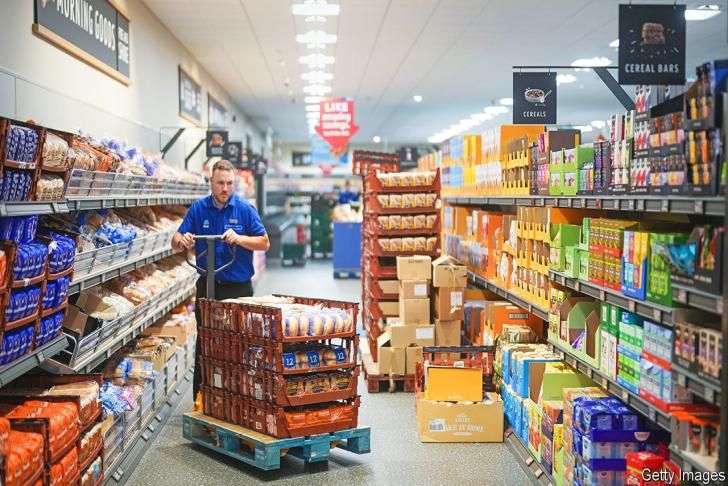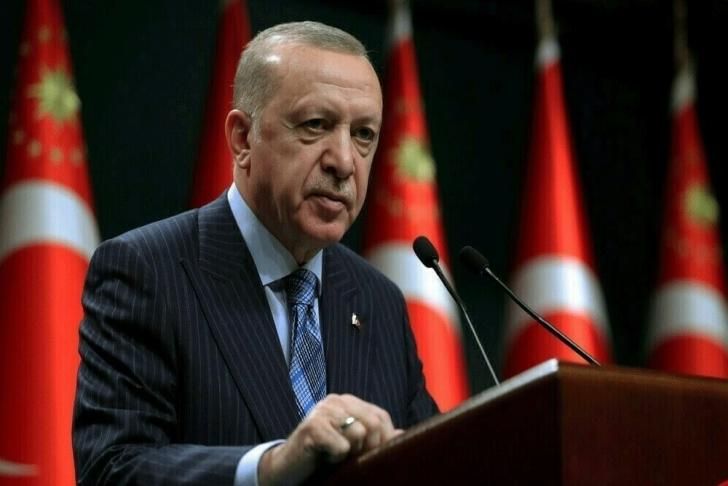Spokesman of the White House John Kirby stated that the US does not think Israel has invaded Rafah in southern Gaza on a large scale.
Speaking just hours after Israeli soldiers purportedly captured a strategically significant hill with a view of the adjacent Egyptian border, he addressed the gathering.
US President Joe Biden said this month he would limit weapons supplies to Israel if it entered the “population centres” of Rafah, where hundreds of thousands of civilians are still believed to be sheltering.
Mr Kirby was also questioned about an Israeli strike and a resulting fire that killed at least 45 Palestinians – many of them women, children, or elderly – at a camp for displaced people on Sunday.
Israel has said the strike targeted and killed two senior Hamas officials, and that it believes the fire could have been caused by an explosion at a Hamas weapons store nearby.
Speaking to reporters, Mr Kirby described images from the aftermath of the strike as "heartbreaking" and "horrific".
“There should be no innocent life lost here as a result of this conflict," he added.
The US state department said it was watching closely for the Israeli military to conduct a quick and thorough investigation into the strike.
Pressed by BBC correspondent Tom Bateman on whether previous such investigations had led to accountability, state department spokesman Matthew Miller declined to name specific cases.
“You cannot reach a conclusion about the results of these investigations in the middle of a conflict,” he said.
When the White House spokesman was asked whether the strike had violated the limits previously set by President Biden, he said he had "no policy changes to speak to".
“We don't support, we won't support a major ground operation in Rafah,” Mr Kirby said.
“The president said that, should that occur, then it might make him have to make different decisions in terms of support.
“We haven't seen that happen at this point. We have not seen them smash into Rafah.
"We have not seen them go in with large units, large numbers of troops, in columns and formations in some sort of co-ordinated manoeuvre against multiple targets on the ground."
Israel has insisted it will not be able to achieve victory in its seven-month war against Hamas in Gaza without taking Rafah and rejected warnings of catastrophic humanitarian consequences.
The Israel Defense Forces (IDF) first began what it called “targeted” ground operations against Hamas fighters and infrastructure in the east of Rafah on 6 May.
Since then, tanks and troops have gradually pushed into built-up eastern and central areas while also moving northwards along the 13km (8-mile) border with Egypt.
Speaking to CNN on 8 May, President Biden said he had made it clear to Israeli Prime Minister Benjamin Netanyahu that “if they go into Rafah, I’m not supplying the weapons that have been used historically to deal with Rafah, to deal with the cities, to deal with that problem”.
He said he had not suspended the supply of weapons at that point because Israel had not yet “gone into the population centres” in Rafah and that its operations had been “right on the border”.
The president is facing growing calls at home to put greater pressure on the Israeli government to ensure everything is done to minimise the humanitarian impact of the conflict.
Democratic Senator Chris Van Hollen, who visited Gaza in January, told the Washington Post: “The escalating civilian death toll and deepening humanitarian catastrophe make clear that the Biden administration should pause additional offensive military assistance to the Netanyahu government until we know that all the president’s requests, including with respect to Rafah and the urgent delivery of humanitarian assistance, will be respected.”
In an address to the Israeli parliament on Monday, Mr Netanyahu said Sunday's strike had been a "tragic mishap" but vowed to continue with the Rafah operation.
Describing the aftermath of the strike, Mohammad al-Mughayyir, an official with Gaza’s Hamas-run civil defence agency, was quoted as saying by AFP news agency: "We saw charred bodies and dismembered limbs. We also saw cases of amputations, wounded children women, and the elderly.”
An eyewitness named Muhannad, himself a displaced resident of Gaza, described the air strike: "When we heard the sound the sky suddenly lit up."
Hamad, another man at the scene, told AFP: "When these rockets fall on a tower block there are dozens of martyrs, so what about when they are tents?"
The attack has drawn protests from regional governments, including Egypt and Qatar who have acted as mediators in the conflict, as well as Jordan, Kuwait, Saudi Arabia and Turkey.
Egypt said the strike was part of a “systematic policy” intended to make Gaza “uninhabitable” and Qatar described it as a "dangerous violation of international law" that could “complicate ongoing mediation efforts".
Jordan accused Israel of "ongoing war crimes", while Saudi Arabia condemned the “continued massacres", and Turkish President Recep Tayyip Erdogan vowed "to hold these barbarians and murderers accountable".
The UN has said around a million people have now fled the fighting in Rafah but that several hundred thousand more could still be sheltering there.
Residents of the city reported heavy bombardment of western districts overnight on Monday, and on Tuesday the IDF said it was continuing operations against "terror targets".
Witnesses said Israeli tanks were stationed at al-Awda roundabout, a key landmark and the location of several major banks and government institutions.
An eyewitness told the BBC that Israeli soldiers had taken up position on top of a building overlooking the area and started shooting at any movement. The allegation could not be independently verified.
Speaking from Rafah on Tuesday, Sam Rose, a spokesman for UNRWA, the UN’s humanitarian agency for Palestinian refugees, told BBC News: "What we've witnessed over the past 24 hours is an intensification of the bombardments in Rafah, and military operations [which are] pushing further west into the Tal al-Sultan district of the city.
"That includes the tented camp that was hit a couple of nights ago. It also includes a large UNRWA logistics base and the UNRWA Health Centre which is essentially the beating heart of the humanitarian operation in Rafah, and has been for several months.
"These parts of the city have largely emptied out over the past 24 hours. So real concern, real numbness, real fear amongst the population right now."
The Israeli military has denied reports on Tuesday that its tank shells hit another tent camp in al-Mawasi, on the coast west of Rafah, which local officials said had killed at least 21 people.
Videos of the incident posted to social media and analysed by BBC Verify showed multiple people with serious injuries.
There was no clear sign of a blast zone or crater, making it impossible to ascertain the cause of the incident. The location - verified through reference to surrounding buildings - is between Rafah and al-Mawasi, and lies south of the Israeli military's designated humanitarian zone.
Israel launched a military campaign in Gaza to destroy Hamas in response to the group's cross-border attack on southern Israel on 7 October, during which about 1,200 people were killed and 252 others were taken hostage.
At least 36,090 people have been killed in Gaza since then, according to the Hamas-run health ministry.
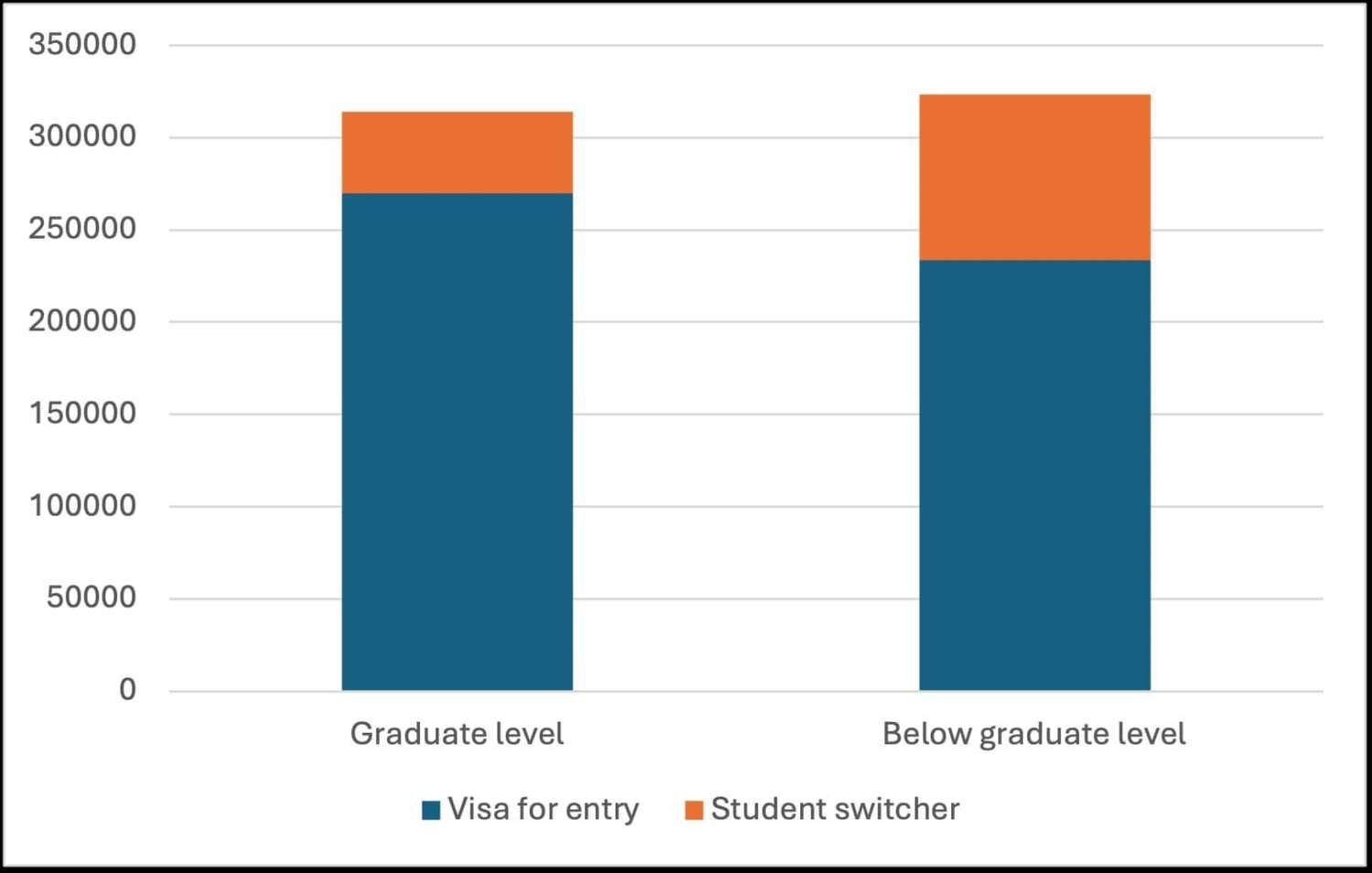
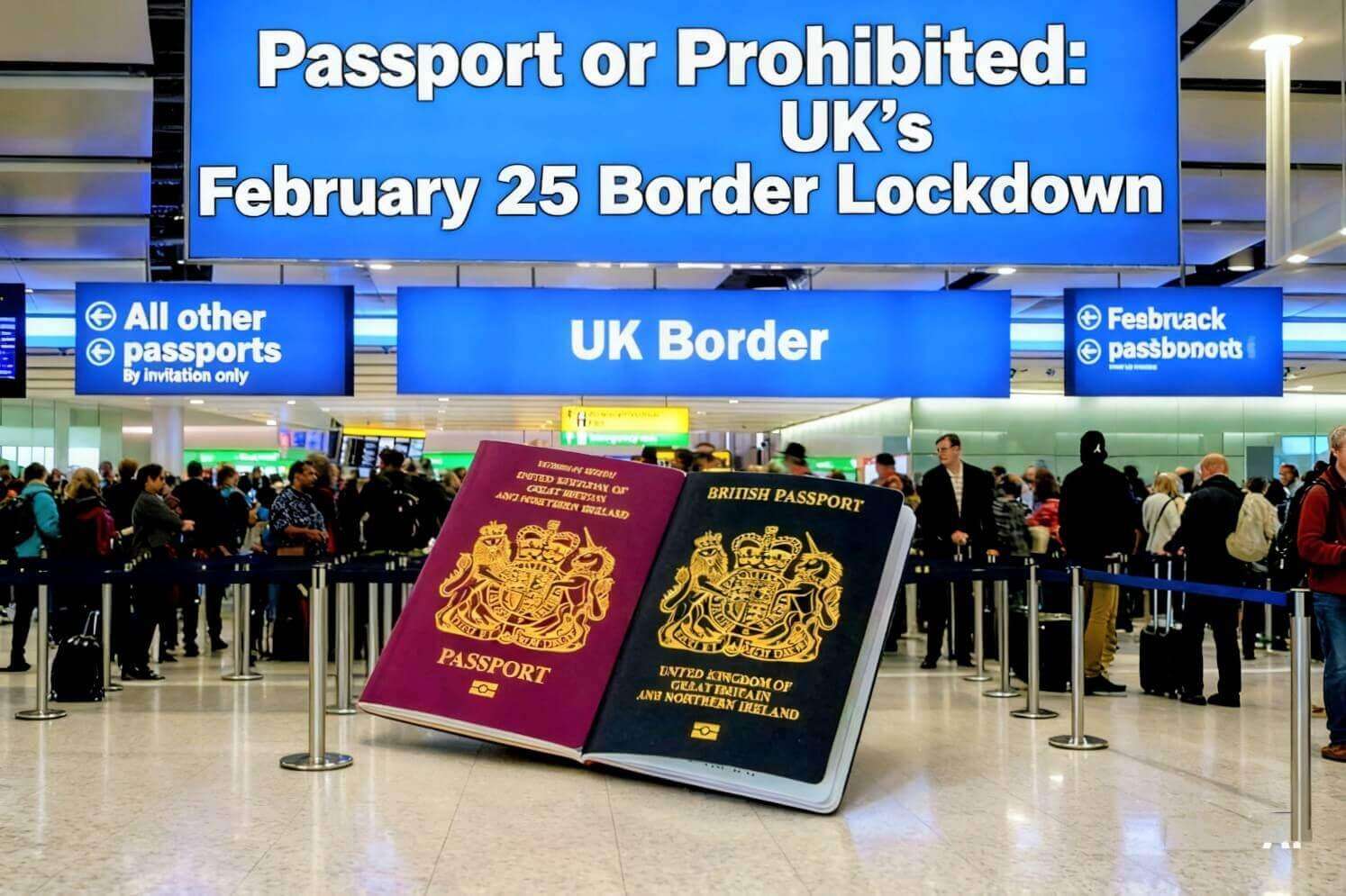

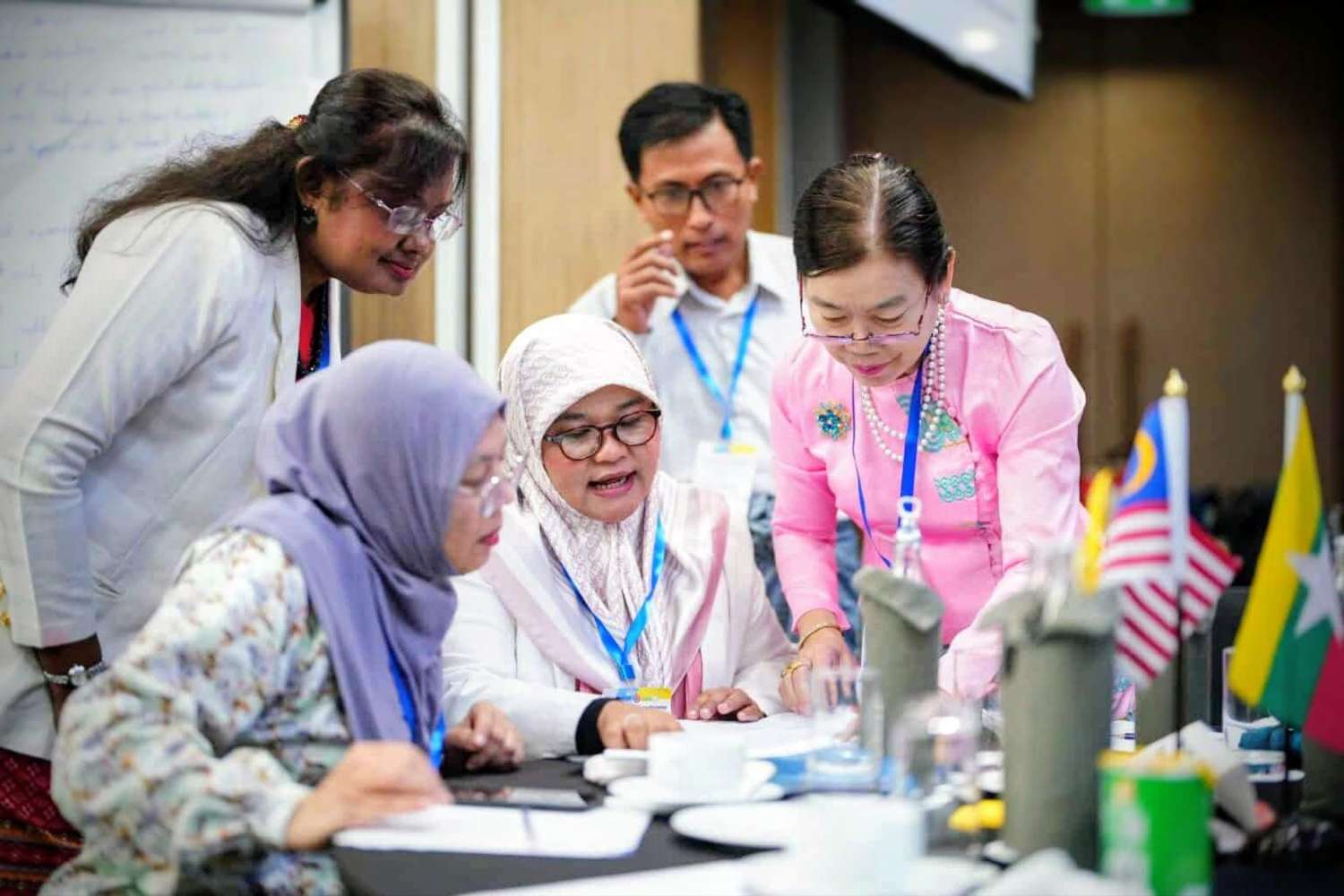
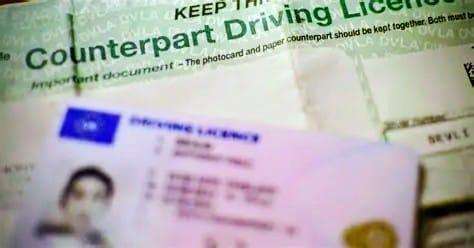


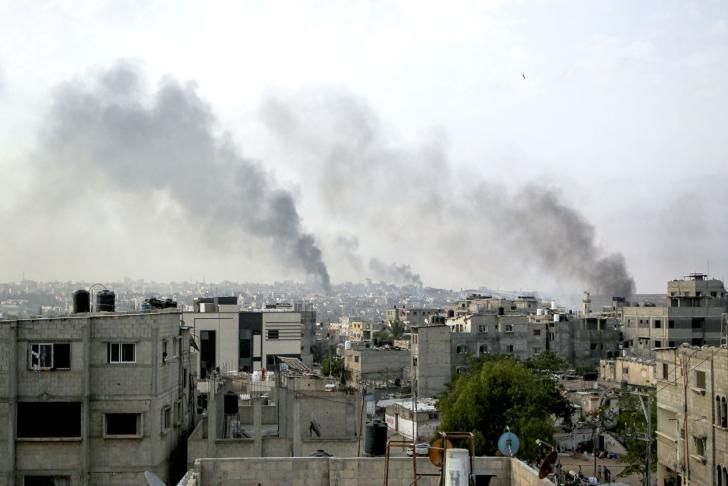
.svg)

